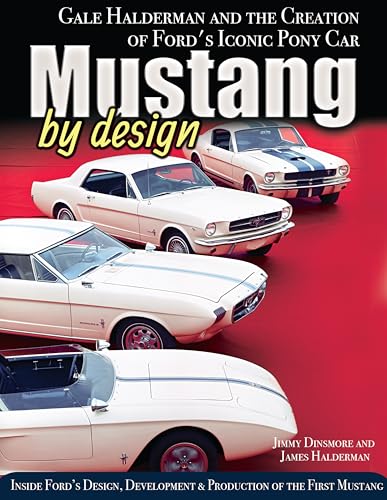All,
Here is some good information about how the gas tanks use industry standard Ni-Terne steel.
Definition - What does Terne mean?
Terne is traditionally an alloy of lead and tin, typically in a ratio of four-to-one, that is used as a coating in producing terneplate. In recent years, lead has been replaced with zinc and is used in a ratio of 50/50.
Terne is used to coat steel sheet in order to produce a strong, corrosion-resistant product that is widely used for:
• Gasoline tanks
• Packaging
• Roofing
• Other uses where lead’s favorable properties are sought but a reduced total weight is desired
Corrosionpedia explains Terne
Terne metals are produced by coating carbon steel, stainless and other select metals with a specially formulated alloy consisting of zinc, tin and trace amounts of other elements, in order to dramatically increase a metal’s corrosion resistance by up to ten times.
Terneplate is a steel sheet with a coating of terne metal. It has the strength and formability of steel and the noncorrosive surface and solderability of terne metal.
Terne metal must be painted, and if the paint is maintained, terne metal can last 90 years or more. Terne-coated stainless II (TCSII or terne II) uses zinc in place of lead for environmental reasons. Terne II offers its enhanced corrosion-resisting capability without compromising mechanical characteristics. It can be used in any other application in which original terne has been used. It is strong and ductile, having high yield and tensile strengths as well as workability.
The term "nonterne" is frequently used to refer to substances or materials that do not contain terne or have not had terne used in their creation, as in the expression "nonterne-plated oil filters."
Ni-terne steel is a lead-tin alloy of approximately 92% lead and 8% tin, which has a dull gray finish, is very ductile and has a lubricating characteristic that enhances form-ability in drawing operations.
Terne is the least expensive alloy and is available in a variety of gauges and widths. Terne sheet is commonly used because of its excellent corrosion performance when in contact with petroleum fuels.
Source:
https://www.corrosionpedia.com/definition/1077/terne
mustang7173



















































